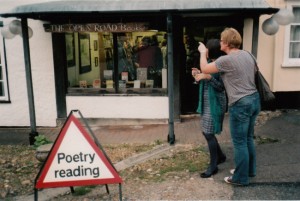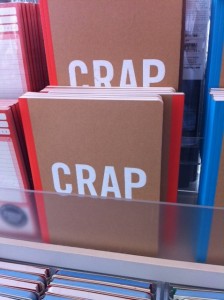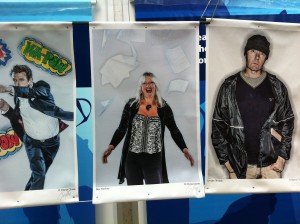
On this final day of 2012 I want to acknowledge what an incredible year it has been for me. The publication of The Marlowe Papers in May was the realisation of a childhood dream and in the hardback Sceptre produced something incredibly beautiful that I would adore even if it didn’t have my name on the spine. Launch day couldn’t have been more perfect. Will Self was incredibly generous to give his time and brilliance (especially given the front of his house had just collapsed!) to create a launch event worthy of one of my favourite places on earth, The British Library – and co-create an entertaining and thought-provoking evening. And then the reviews in the press and on the radio: copious and enthusiastic. This was the year that Twitter finally came into its own for me; I loved the fact that readers swept away by the book could so easily let me know and more than one day started with the news that someone, somewhere, was blown away by the words I’d been quietly honing for half a decade.
The highlight for me was probably the Edinburgh International Book Festival: a wonderful experience. I’ve been invited to many literature festivals over the years in my capacity as a poet, but the EIBF beats all others so far in terms of hospitality to its authors. Authors often spend years (indeed, decades) feeling like outsiders; we are observers rather than get-stuck-inners, therefore not great joiners, even though we long (as all humans do) to feel like we belong. Edinburgh managed to generate a feeling of belonging and being appreciated that I have rarely found elsewhere. It spurred me on properly begin (after over a year’s composting) the next novel, motivated by the knowledge that I must write another book to have a chance of being invited again.
Other highlights? It will be hard to forget sitting in a Norfolk farmhouse on May Bank Holiday weekend, surrounded by my extended family, hiding under my hair and barely daring to breathe as I waited for the first pre-publication feedback – the verdict of the critics on Saturday Review. Or the moment where Will Self wittily demolished my father-in-law’s heckle on historical bibles. Or asking an editor at the Bookseller what he thought of reading the book a second time and his answering ‘I haven’t stopped reading it’. Then there was the moment on the train up to Yorkshire where the opening of the next novel arrived unbidden, followed by the wonderful New Novelist’s night in the recently flooded Hebden Bridge.
It has been an amazing year. 2013 sees the book published in the USA, my travelling to Staunton Virginia to deliver a paper at the 7th International Marlowe Society of America conference, running a writing retreat in the Dordogne, and many other exciting things. It feels like life is just beginning.
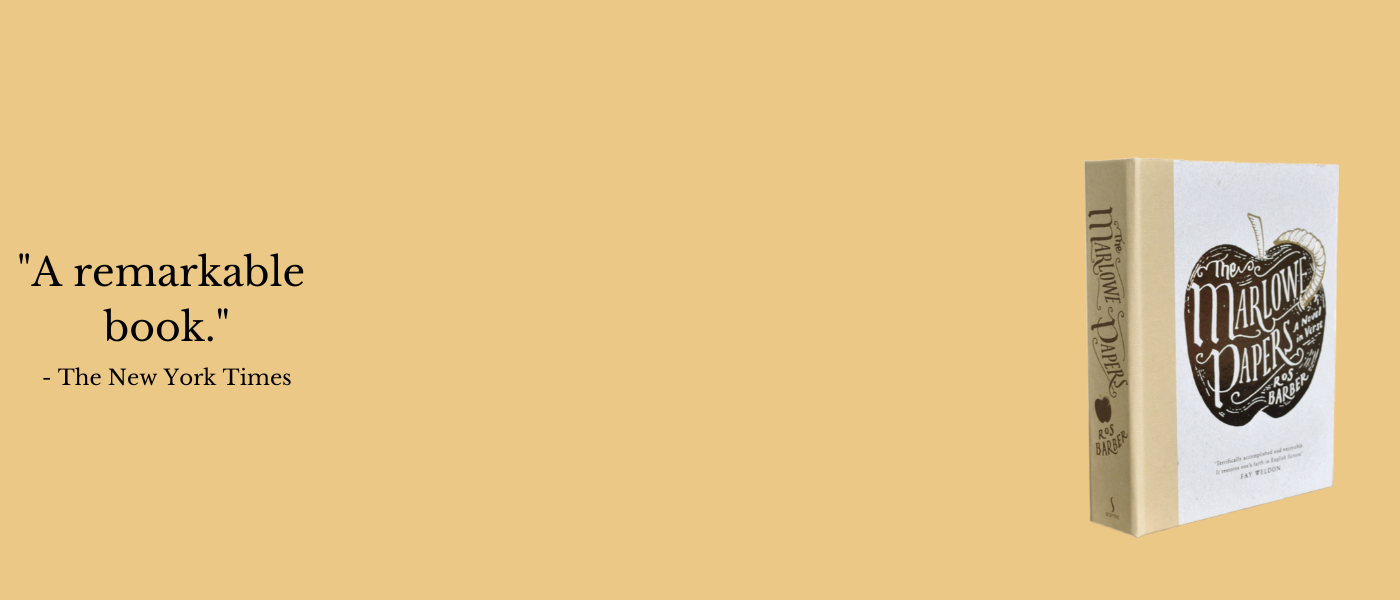
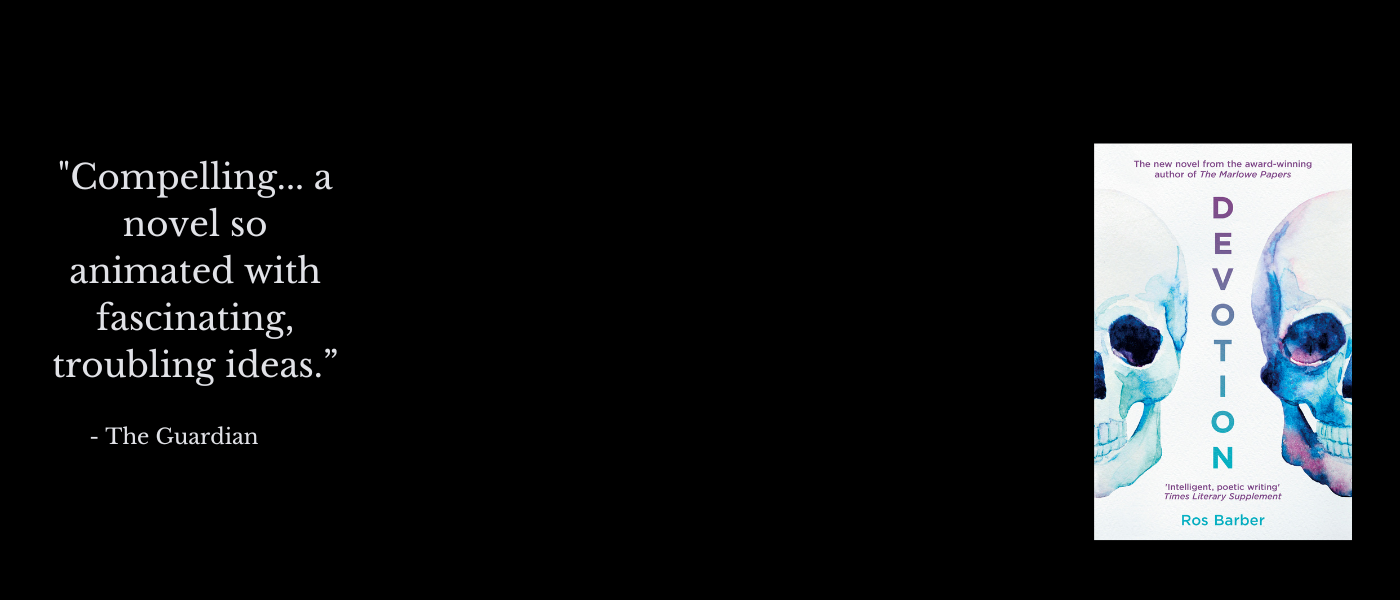


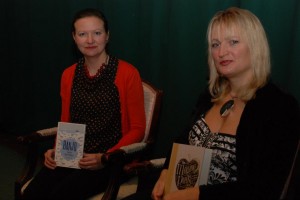

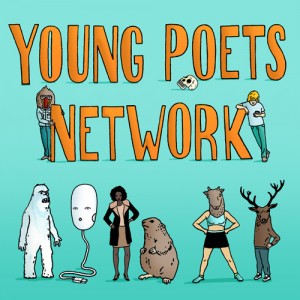 I returned to my old home town of Colchester recently to give a talk at one of my old schools, and was asked by a young poet there how to get published. Specifically,
I returned to my old home town of Colchester recently to give a talk at one of my old schools, and was asked by a young poet there how to get published. Specifically, 01792 463980.
01792 463980.